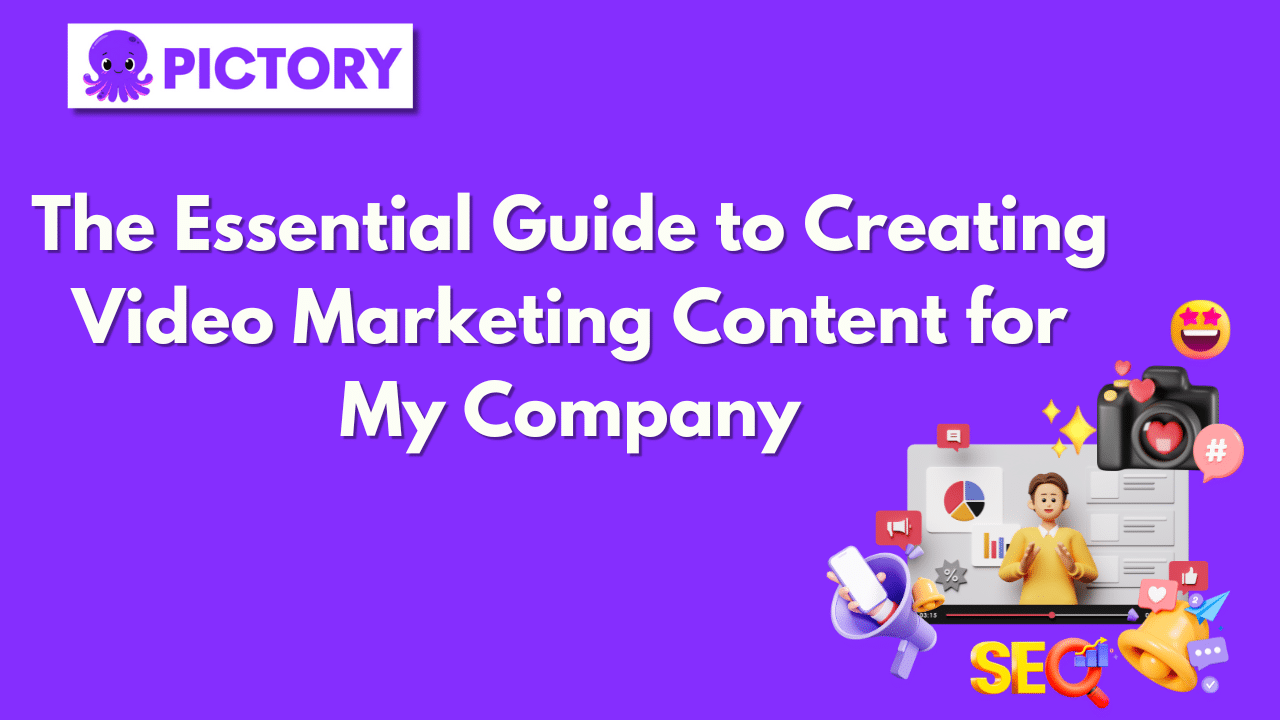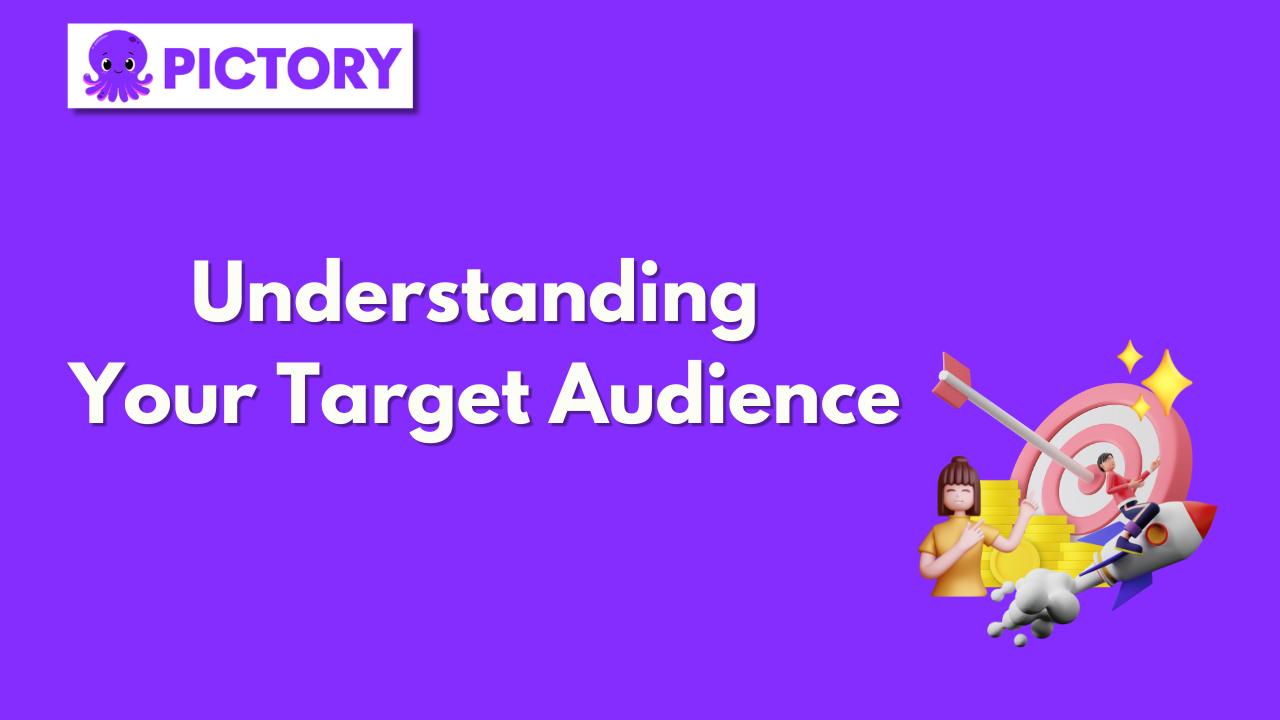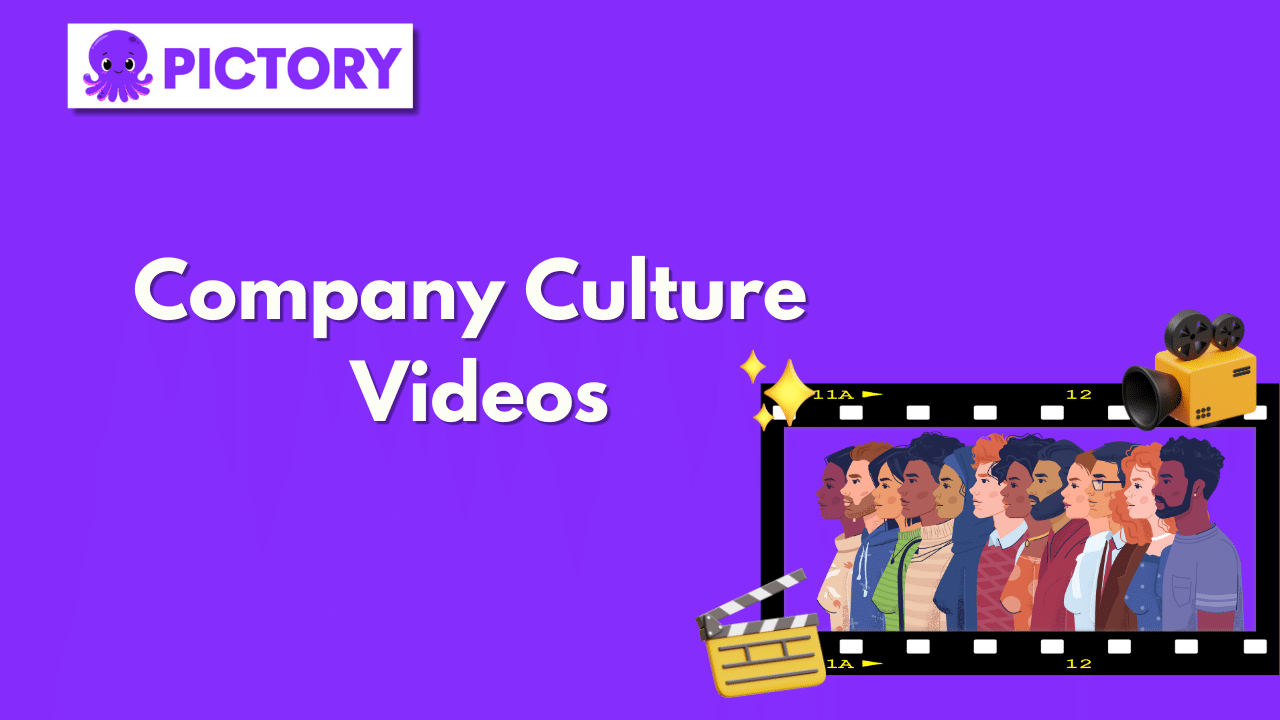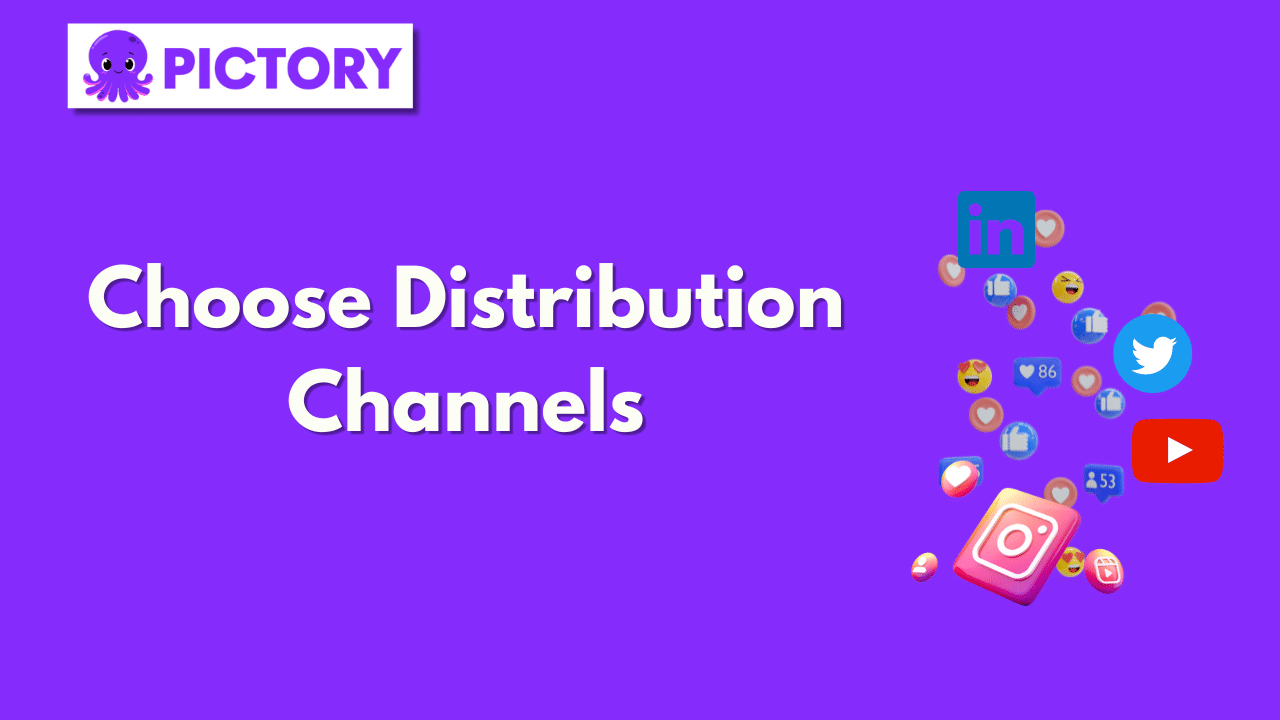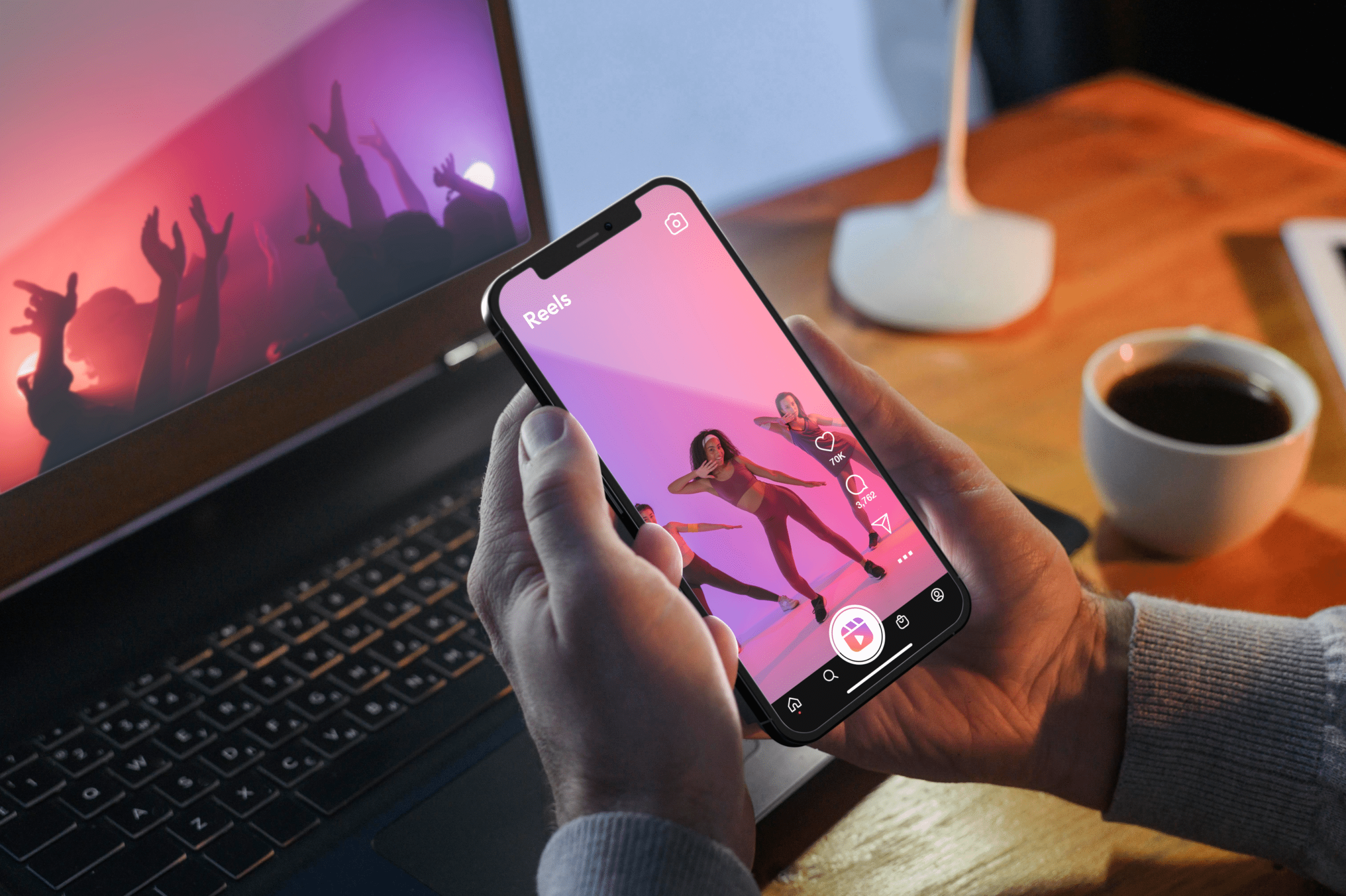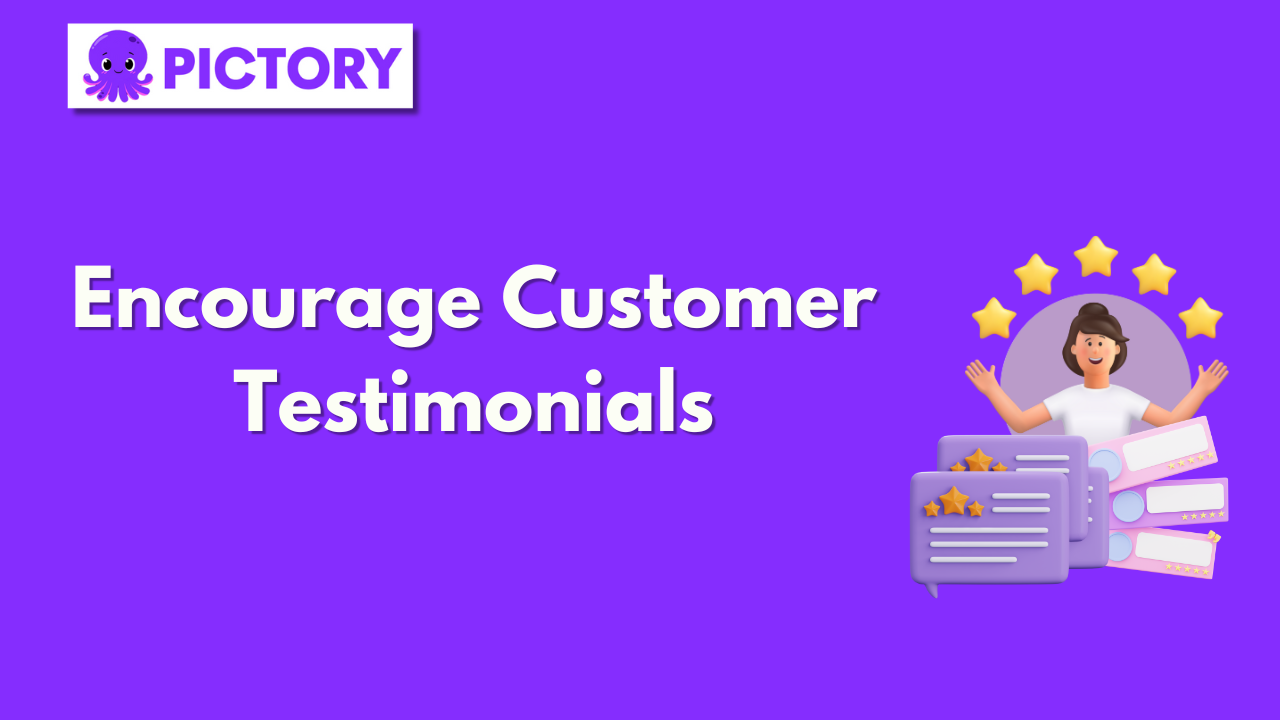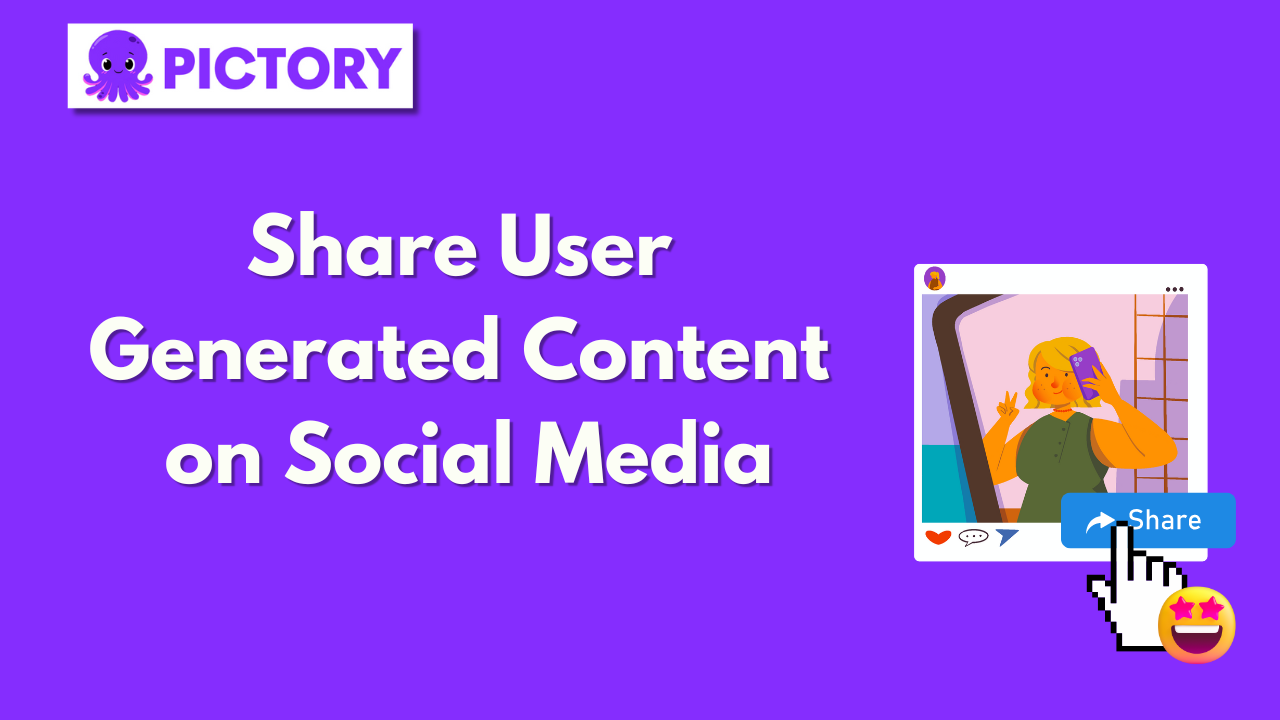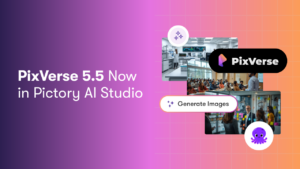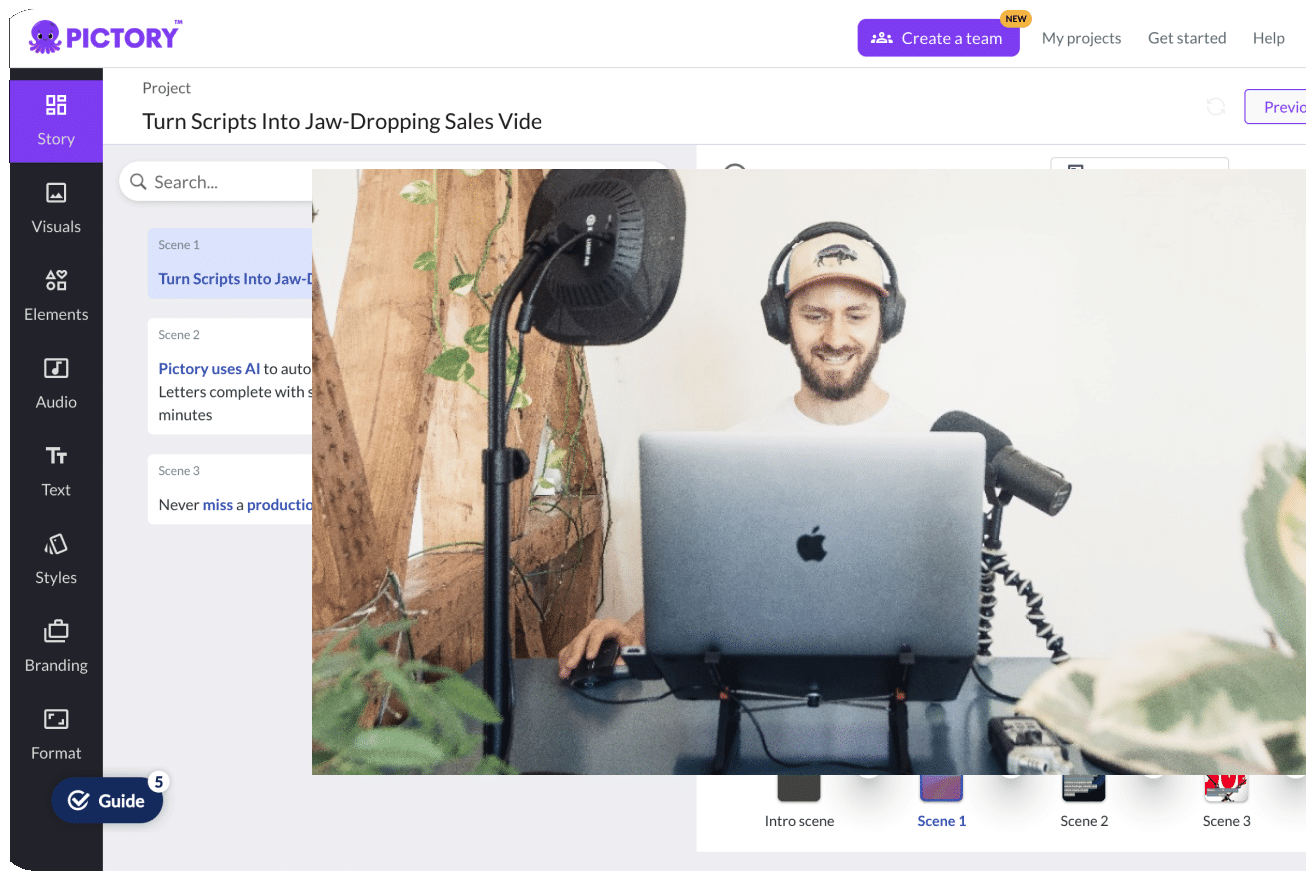In today’s fast-paced digital world, video marketing has become an essential tool for businesses to captivate their audience and boost their online presence.
With the ever-growing popularity of social media platforms, the power of video content cannot be underestimated.
But how do you ensure that your video marketing efforts hit the mark and make a lasting impact on your audience?
That’s where our essential guide to “what video marketing content should I make for my company” comes in.
From understanding your target audience and crafting compelling buyer personas to leveraging user-generated content and measuring success, this comprehensive guide will walk you through the steps to create an effective video marketing strategy.
So buckle up and get ready to embark on an exciting journey that will help you harness the power of video marketing to propel your business to new heights.
Short Summary
-
Understand your target audience and create buyer personas to craft effective video content.
-
Utilize customer journey mapping for personalized videos that captivate viewers and drive conversions.
-
Leverage user generated content, calls to action, contests & giveaways for engaging video marketing campaigns with motivating tone.
Understanding Your Target Audience
Understanding your target audience is the cornerstone of creating effective video marketing content.
By customizing the video’s format, messaging, and content to meet their needs and preferences, you can create a blog post that resonates with your target audience.
To research their preferences, leverage customer testimonial videos to promote and market products or services, boost engagement, educate consumers, and reach audiences.
Creating buyer personas can also help drive more traffic and boost sales through a video content marketing strategy.
By providing enough information to establish your authority on the topic, entertaining and stirring emotion, and helping the audience visualize themselves successfully using the product or service, you can create content that resonates with them as part of a comprehensive video marketing strategy.
Buyer Personas
Buyer personas are semi-fictional representations of your ideal customer based on market research and real data about your existing customers.
These personas can help you create a more tailored and effective marketing strategy by providing insights into how to effectively reach and captivate your target audience, leading to a successful video marketing idea.
To create effective buyer personas, research your target audience, gather data about your existing customers, and create semi-fictional representations of your ideal customer.
If you already have a set of buyer personas, take the opportunity to make sure they include the most recent video research for maximum accuracy, such as incorporating event videos into your marketing strategy.
Customer Journey Mapping
Customer journey mapping is a valuable tool that helps you identify the different stages of the customer journey and create content that speaks to each stage.
By focusing on addressing your audience’s challenges and providing them with a solution, you can ensure your video content is as effective as possible.
For instance, using video on landing pages can dramatically boost conversions by up to 80 percent, and mentioning “video” in an email subject line can increase open rates by a staggering 19 percent.
Enhancing customer support with video content can also create a more personalized experience for your customers.
Customers can benefit from a more thorough and personalized support experience with the help of onboarding videos, knowledge-based videos, meet-the-team videos, support video calls, and customer stories.
Such tools provide customers with more resources to answer their queries quickly and efficiently.
Types of Video Marketing Content
There are several types of video marketing content that can help you engage with your audience and get your message across.
Product demonstrations, for example, are an exciting way to show off how your product works.
Educational or how-to videos are incredibly useful marketing videos that can help you learn something new and exciting.
Company culture videos, on the other hand, can help you communicate your vision, mission, or products and services in a powerful, engaging way as part of a larger advertising campaign.
User-generated content is another powerful tool that can drive conversions and increase purchase intent.
This type of content can take many forms, including photos, videos, blog posts, discussion forum posts, poll responses, comments made through social media, and more.
By showcasing customers in your videos or reposting content from customers, you can leverage the power of user-generated content to create engaging video content.
Incorporating event videos into your marketing strategy can also be a great way to engage your audience and showcase your company’s expertise.
These videos can cover industry conferences, trade shows, product launches, and other events that are relevant to your target audience.
Product Demonstrations
Product demonstrations are a fantastic way to showcase your products and services in action.
These videos give you a great visual representation of a product or service in action, helping your customers make an informed decision.
For instance, a video for stovetop cookware went viral because it showed a helpful product feature.
To create an engaging office tour video, make sure everyone in the office is aware that filming will be taking place, and use the right camera angles and lighting to make the space appear inviting and exciting.
An “About Us” video should leave a lasting, positive impression on prospective clients, showcasing your organization’s mission, vision, goals, and business philosophy.
Tutorial and How-to Videos
Tutorials and how-to videos are excellent ways to provide step-by-step instructions to help your audience solve problems and answer common questions quickly and easily.
From learning how to start a t-shirt business to mastering a new skill, these videos are incredibly valuable for your audience.
Educational or how-to videos should provide valuable knowledge and teach the target audience something they want to know in an engaging way.
For example, a clothing manufacturer could create an amazing series showing how to accessorize a simple outfit, while a ski and snowboard manufacturer could create a series of beginner, intermediate, and advanced tutorials to help viewers pull off a picture-perfect jump.
By repurposing how-to videos into IGTV posts on Instagram, you can extend the reach of your content and engage with even more viewers.
Company Culture Videos
Company culture videos are a powerful way to showcase your company’s unique culture and values, making your brand feel more human and relatable to your audience.
A strong company culture is a crucial factor for job seekers when considering their options, and it can be a huge source of motivation for employees.
Zendesk’s culture video is an excellent example of a company culture video that effectively communicates its company values.
By showcasing your company culture in videos, you can positively impact sales and customer acquisition efforts, as well as other important business ventures.
Capturing passionate employees on camera for company culture videos can draw in new talent and showcase the people behind your brand, creating a stronger connection with your audience.
User-Generated Content
User-generated content (UGC) is a powerful tool that can help you drive conversions, promote products and services, get viewers to subscribe to your channel, or even contact you.
It can take many forms, including photos, videos, blog posts, discussion forum posts, poll responses, comments made through social media, and more.
UGC provides customers or users with the chance to create content that can be shared with others and used to enhance a product or service.
The fact that UGC comes from an unbiased source, not being paid for by someone trying to sell the product, is what makes it so appealing to audiences.
For example, physical items such as clothing or housewares are perfect for UGC compilations, but software can also be used effectively.
To encourage UGC, businesses can incentivize, host contests, and regularly re-share when people use their branded hashtags.
Creating an Effective Video Marketing Strategy
Creating an effective video marketing strategy is essential because it will ensure that every decision you make throughout the video creation process is focused on achieving the video’s purpose and inspiring your audience to take action after watching it.
A successful video marketing strategy includes setting goals and objectives, planning the production process, choosing distribution channels, and measuring success.
For instance, the inbound methodology is the perfect marketing and sales approach to attract customers through content and interactions that are both relevant and helpful, such as creating an explainer video to showcase your product or service.
By focusing on addressing your audience’s challenges and providing them with a solution, you can ensure your video content is as effective as possible.
Moreover, enhancing customer support with video content can create a more personalized experience for your customers.
Set Goals and Objectives
Setting goals and objectives for your video marketing campaign is crucial to ensure that all decisions are made with the end goal in mind.
Video marketing can be a great way to build brand awareness, drive website traffic, educate and inform your audience, develop trust, reach new customers, and ultimately boost sales.
When establishing goals and objectives for your video marketing campaign, it is essential to consider the desired outcome, the target audience, the budget, and the timeline.
Moreover, it is crucial to be realistic and set achievable goals for the best possible results.
Tracking metrics such as views, engagement, conversions, and ROI can give you a good indication of the success of your video marketing campaign.
Additionally, you can use surveys and customer feedback to gain further insight into the success of your campaign.
Plan Your Video Production Process
Planning your video production process is essential to create high-quality and engaging video content.
Start by scripting the video, either by repurposing content or trying ChatGPT or similar to create something new.
Creating a storyboard or script for your video can help ensure it turns out just the way you imagined.
Organizing your video footage efficiently can save you time and energy.
Some tips for doing this include storing project files on an external hard drive, creating separate folders for each project, and backing up files to ensure you don’t lose any footage.
Choose Distribution Channels
Choosing the right distribution channels for your video marketing campaign is crucial to maximizing reach and engagement.
Popular platforms such as YouTube, Facebook, Instagram, LinkedIn, Vimeo, and Wistia are all great options for distributing videos to maximize reach.
Snapchat, TikTok, and Instagram are also great for short videos and can help you reach even more viewers.
To choose distribution channels based on your target audience and marketing goals, consider the desired outcome, the target audience, the budget, and the timeline.
Additionally, tailor the video to the platform’s requirements, such as creating YouTube videos that are at least 15 seconds long to maximize engagement, while Instagram videos should be no longer than 60 seconds to keep viewers interested.
Measure Success and Analyze Results
Measuring success and analyzing results is critical to understand the performance of your video marketing campaign and making data-driven improvements.
Utilizing analytics tools such as Google Analytics, YouTube Analytics, and other third-party tools is a great way to track your KPIs and gain valuable insights into the performance of your video content.
Evaluating the success of your video marketing efforts entails examining the KPIs you have monitored and recognizing what was effective and what wasn’t.
Use the knowledge acquired from the evaluation to shape future video marketing plans and continue to improve your overall strategy.
Tips for Creating Engaging Video Content
Creating engaging video content is essential to capture your audience’s attention and drive results.
Some tips for creating engaging video content include telling a story, keeping it short and sweet, optimizing for mobile viewing, including calls-to-action, and leveraging user-generated content.
Telling a story keeps viewers captivated and can help to build an emotional bond with the audience.
Keeping videos short and sweet ensures viewers remain engaged and interested.
Optimizing for mobile viewing is essential to ensure that your video works flawlessly across different screen sizes and shapes.
Including calls to action can encourage viewers to take action while leveraging user-generated content can foster an emotional connection with the audience.
By implementing these tips, you can create video content that resonates with your audience and drives results for your business.
Tell a Story
Telling a story in your video content is crucial to capture viewers’ attention and evoke emotion.
A great story for video content should captivate viewers with a strong narrative arc, intriguing characters, conflict or tension, stirring emotion and empathy, and a well-structured beginning, middle, and end.
Excellent audio can truly enhance the quality of the message you’re trying to convey.
To craft a story that resonates with your target audience, focus on the big picture and big emotions.
Creating a powerful narrative will keep your audience engaged and emotionally invested in your video content, ultimately leading to a stronger connection with your brand.
Keep It Short and Sweet
Keeping your videos short and sweet is the best way to ensure viewers remain engaged and interested in your content.
The ideal length for video content to maximize engagement is generally between 2 to 3 minutes.
Longer videos may cause viewers to lose interest and disengage from the content.
By maintaining a concise and focused video, you can ensure that your audience doesn’t miss out on vital information and stays engaged throughout the entire video.
This approach will help you effectively communicate your message and increase the chances of viewers taking the desired action after watching your video.
Optimize for Mobile Viewing
In today’s mobile-centric world, optimizing your videos for mobile viewing is more important than ever.
To optimize your video content for mobile, consider creating vertical videos, keeping the video short, optimizing for audio independence, compressing videos, and using video thumbnails that are mobile-friendly.
Additionally, make sure to design videos with the goal in mind, build calls to action, and set up a lead-capture method for maximum impact.
Vertical video formats are perfect for mobile viewing as they occupy the whole screen, making them more convenient to watch.
Audio clarity is essential when optimizing for mobile viewing to guarantee that viewers can hear the audio clearly, even in noisy environments.
By optimizing your videos for mobile viewing, you can ensure that your content reaches the largest possible audience and drives results.
Include Calls-to-Action
Including calls-to-action (CTAs) in your videos is a powerful way to encourage viewers to take the desired action.
CTAs should be clear and direct, and instill a sense of urgency to inspire viewers to act.
Make sure the CTA is relevant to the video content and that it is easy to understand to ensure viewers understand the desired action.
Examples of simple CTAs include “Buy Now” or “Download Now,” while longer CTAs can include “Subscribe today to unlock exclusive content!”
By incorporating compelling calls-to-action in your video content, you can motivate viewers to take the desired action and drive results for your business.
Leveraging User-Generated Content
Leveraging user-generated content (UGC) can help you create engaging video content by featuring customers in your videos or reposting content from customers.
UGC is a powerful tool that can drive conversions, promote products and services, get viewers to subscribe to your channel, or even contact you.
It can take many forms, including photos, videos, blog posts, discussion forum posts, poll responses, comments made through social media, and more.
By showcasing customers in your videos or reposting content from customers, you can leverage the power of user-generated content to create engaging video content that resonates with your audience.
This approach can help you build trust and credibility with potential customers, leading to increased sales and customer loyalty.
Encourage Customer Testimonials
Customer testimonials can be a powerful tool for building trust and credibility with your audience.
Encouraging customers to share their experiences with your product or service can help you showcase the benefits of your offering and demonstrate its value to potential customers.
Case studies and testimonial videos, for instance, offer an amazing opportunity to showcase satisfied, loyal customers describing their challenges and how your company helped solve them.
To create engaging video testimonials, ask your customers to share their experiences with your product or service.
This can help you build a strong relationship with your customers and foster an authentic, captivating connection with your audience.
By incorporating customer testimonials into your video marketing strategy you can boost trust and credibility, and ultimately drive sales.
Host Contests and Giveaways
Hosting contests and giveaways is an excellent way to increase engagement and reward loyal customers.
Social media contests and giveaways can be highly effective in boosting brand recognition, driving traffic and interaction, growing social media followers, and generating leads and sales.
Some of the most thrilling contests and giveaways for video content include user-generated video contests, Facebook Live video sweepstakes, YouTube sweepstakes, and contests that ask fans to submit videos.
To ensure a successful contest or giveaway, set out clear expectations and rules, select an attractive prize, incorporate your company branding, promote the contest, gather marketing data, and declare the winners.
By hosting contests and giveaways, you can grow brand awareness, build a strong sense of community, and incentivize audience engagement for maximum impact.
Share User-Generated Content on Social Media
Sharing user-generated content on social media can help you build trust and credibility with potential customers.
By showcasing customers in your videos or reposting content from customers, you can leverage the power of user-generated content to create engaging video content that resonates with your audience.
This approach can help you build trust and credibility with potential customers, ultimately leading to increased sales and customer loyalty.
For example, sharing user-generated content on social media platforms such as Instagram, Facebook, and Twitter can help you reach a wider audience and showcase the positive experiences of your customers.
By incorporating user-generated content into your video marketing strategy, you can create a stronger connection with your audience, foster trust and credibility, and drive results for your business.
Summary
In conclusion, creating an effective video marketing strategy involves understanding your target audience, utilizing buyer personas, mapping customer journeys, and producing engaging video content that resonates with your audience.
By leveraging user-generated content, hosting contests and giveaways, and sharing your content on social media, you can further enhance your video marketing efforts and drive results for your business.
Remember to keep your videos short and sweet, optimize for mobile viewing, include calls-to-action, and tell a compelling story that captures your audience’s attention and evokes emotion.
By following the tips and strategies outlined in this essential guide, you’ll be well on your way to creating video marketing content that captivates your audience and propels your business to new heights.
So, what are you waiting for?
Now that you’re equipped with the knowledge and tools needed to create an effective video marketing strategy, it’s time to put these insights into action and watch your business thrive.
Happy creating!
Frequently Asked Questions
What should be included in a marketing video?
A marketing video should include captivating visuals, an emotional story, a clear call to action, and compelling evidence to support the message.
Utilizing personal stories and real-world examples will help build trust and connection with viewers.
It is also important to make sure to keep the video concise and to have professional production quality.
How do I make video content for my business?
Creating great video content for your business is possible and easy.
Start with Canva’s Business Video template, customize it to meet your needs, add your own images and footage, and you’re ready to publish and post your business video!
With Canva’s easy-to-use tools, you can create professional-looking videos in minutes.
Choose from a variety of templates and customize them.
What businesses need video content?
Businesses in any industry, from eCommerce and retail to B2B and education, can benefit from utilizing video content as part of their marketing strategy.
Companies need engaging video content to reach potential customers, educate existing ones, boost SEO rankings, drive conversions, and more.
Therefore, businesses should invest in creating quality video content for maximum effect.
If you found this article helpful, check out our article on How To Create Video Marketing Content With ChatGPT
And then sign up for a FREE Pictory account and turn your text into stunning video marketing content in minutes!

